Ryerson straddles two federal ridings, both of which were redrawn for this this election. The Ryersonian interviewed candidates in Toronto Centre and University-Rosedale, or at least those who spoke to us, to find out what their priorities are and what they can bring to our community.
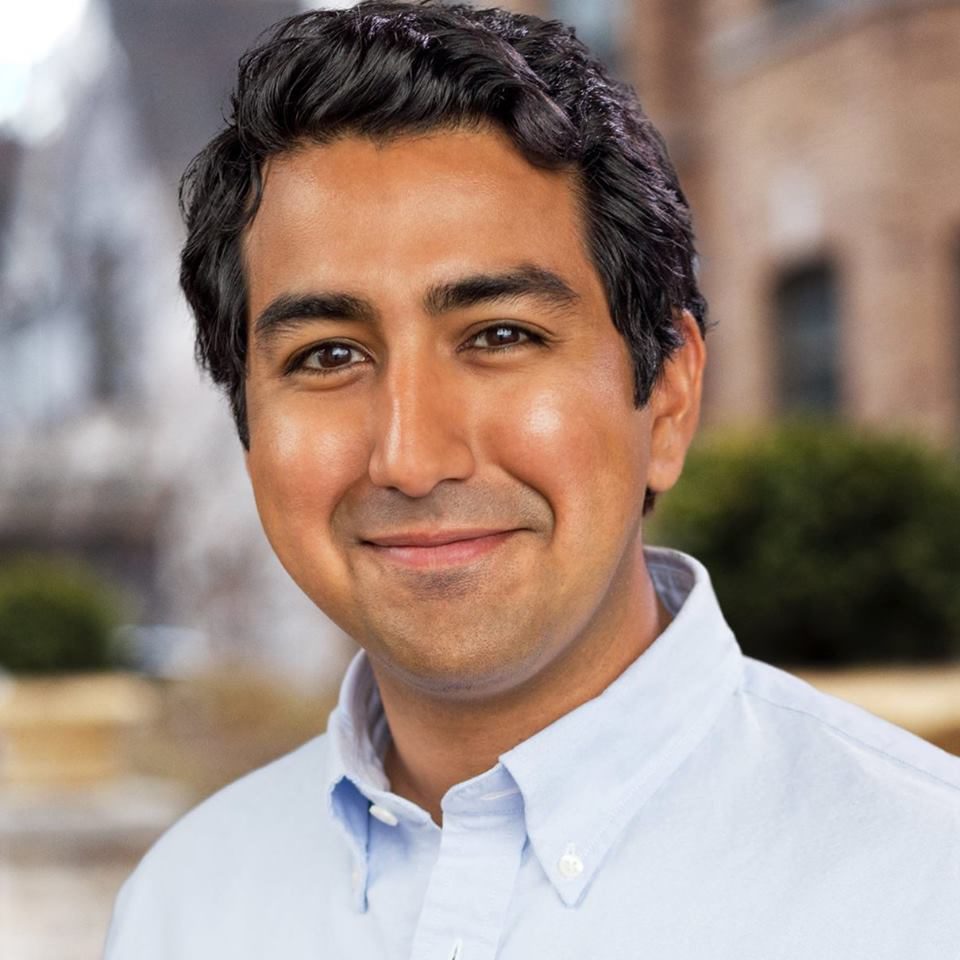 Karim JivrajConservative Party of Canada - University-Rosedale
Karim JivrajConservative Party of Canada - University-RosedaleConservative candidate Karim Jivraj is a lawyer who grew up in North York and currently resides in the Annex. The son of immigrants from East Africa, his love of debating and politics started in his youth.
He was a champion debater as a student at the Toronto French School and was elected president of the student council. He grew up playing hockey and working in his parents’ store in the Bayview Village area.
Repeated attempts to contact Jivraj for this article were not returned by press time.
Jivraj earned a law degree from Sorbonne University in Paris, and then studied international law and public law. Jivraj was an activist in his post-secondary years in areas such as labour market reform, and made appearances on several major radio and television stations.
In terms of what the Conservative party plans to do to benefit students, Jivraj’s website outlines that the party plans to “provide more support to hardworking Canadian families saving for their children’s post-secondary education.
“We will build on this record by doubling the federal grant provided to low- and middle-income families through registered education savings plans,” the website continues.
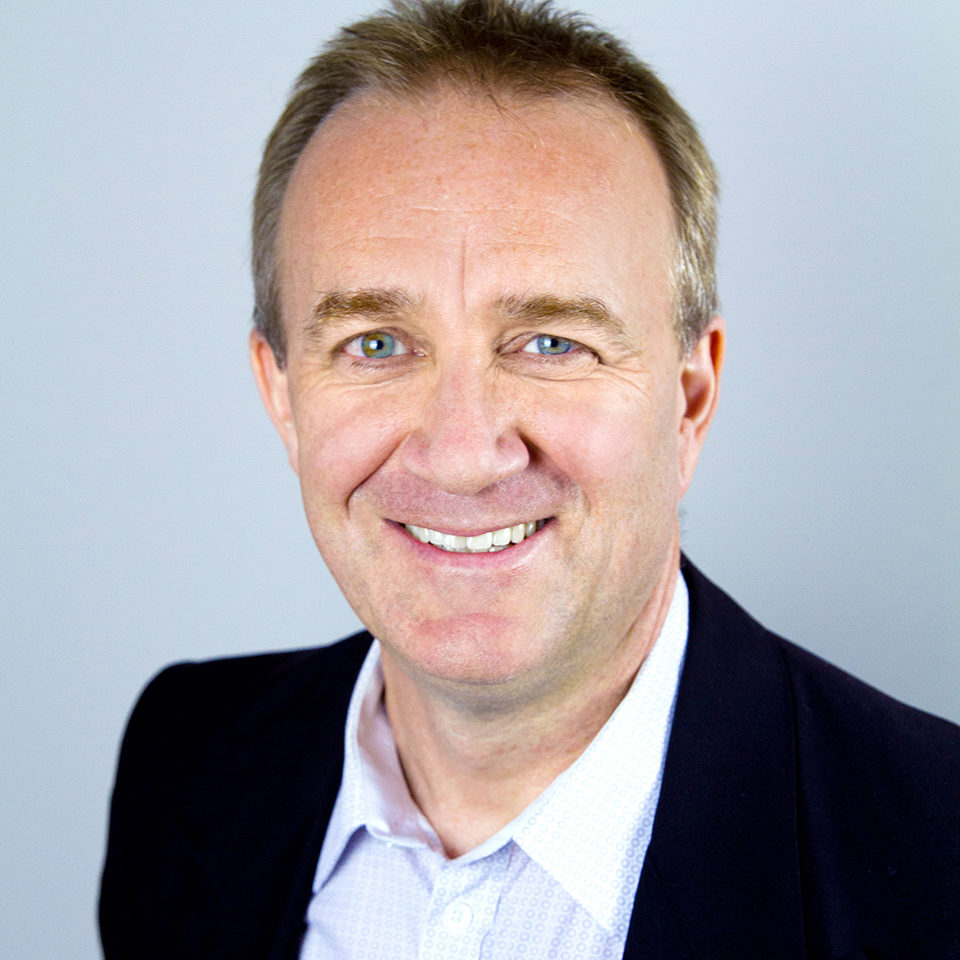 Colin BigginGreen Party of Canada - Toronto Centre
Colin BigginGreen Party of Canada - Toronto CentreColin Biggin first got involved in the Green party because of environmental concerns that he says other parties just don’t address. “You kind of have to step up,” he explains.
Biggin has one big reason why voting Green would benefit students: last Wednesday, the party released a platform vowing to eliminate tuition.
“There needs to be a little more detail,” Biggin said, “but students would receive debt forgiveness. Our position is that basically going to school, we want everybody to do it and you shouldn’t come out broke.”
The Green party also plans on investing in a job creation program, and would train people with new skills that are in high demand and short supply.
More than anything, though, the Green party is concerned about the environment. Other parties, Biggin says, speak endlessly about the economy on the campaign trail.
“If the environment is being ruined and we make the earth unliveable, what good is an economy?” Biggin asked. “A robust economy does not have to sacrifice the environment. We think that you can have both.
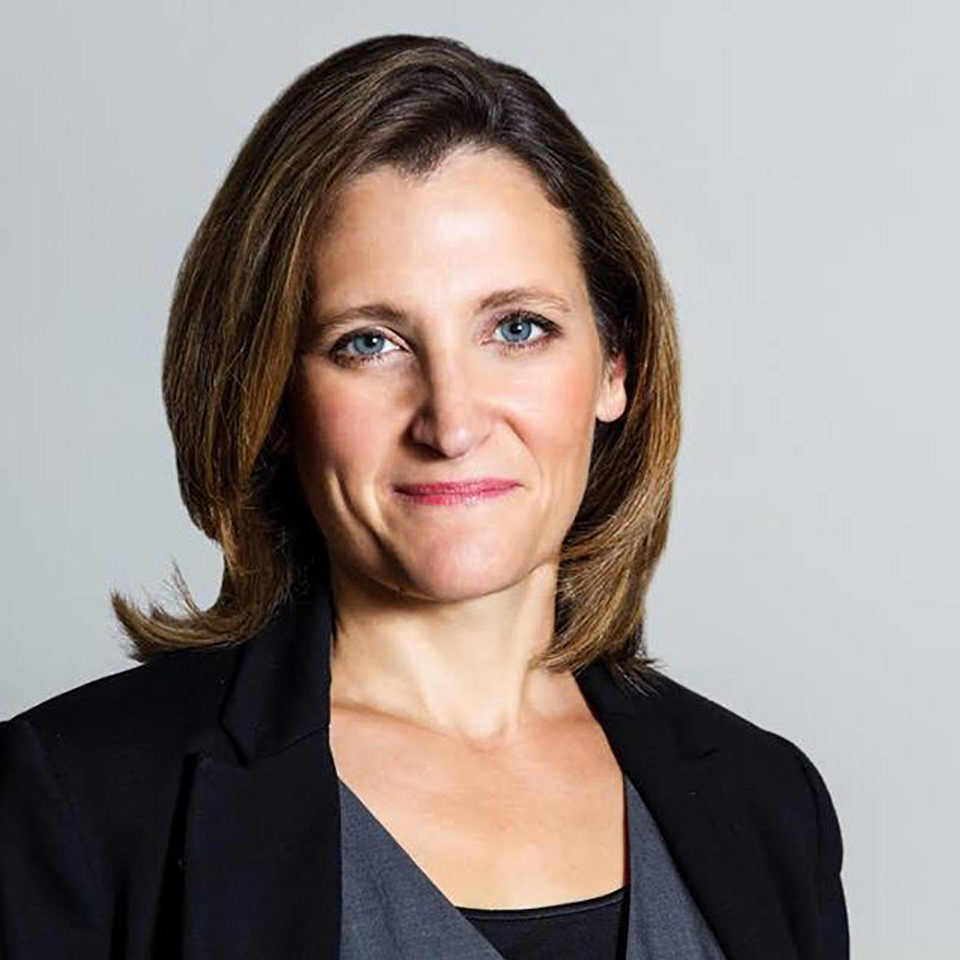 Chrystia FreelandLiberal Party of Canada - University Rosedale
Chrystia FreelandLiberal Party of Canada - University RosedaleChrystia Freeland currently holds the MP seat in Toronto Centre, but is now seeking to be elected in University-Rosedale. She spent more than 20 years working as a journalist and author.
Her work with the Liberal party includes her role as cochair of Justin Trudeau’s economic council. In an interview, she highlighted that the economy is in recession and that the Liberal party is committed to investing in growth.
As to what that means for students, Freeland said, “It is really important for (students) to graduate into an economy that has jobs. So for me, that piece is really central, and I think it is worth pointing out that we are the only party that has had the courage to call for a really big infrastructural investment plan.”
A key area she mentioned where her party plans to invest in is creating jobs for young people.
“We are very aware that the stagnant economy is very difficult for young people,” Freeland said in a phone interview. “We are going to spend $1.3 billion in three years in creating jobs for young Canadians.”
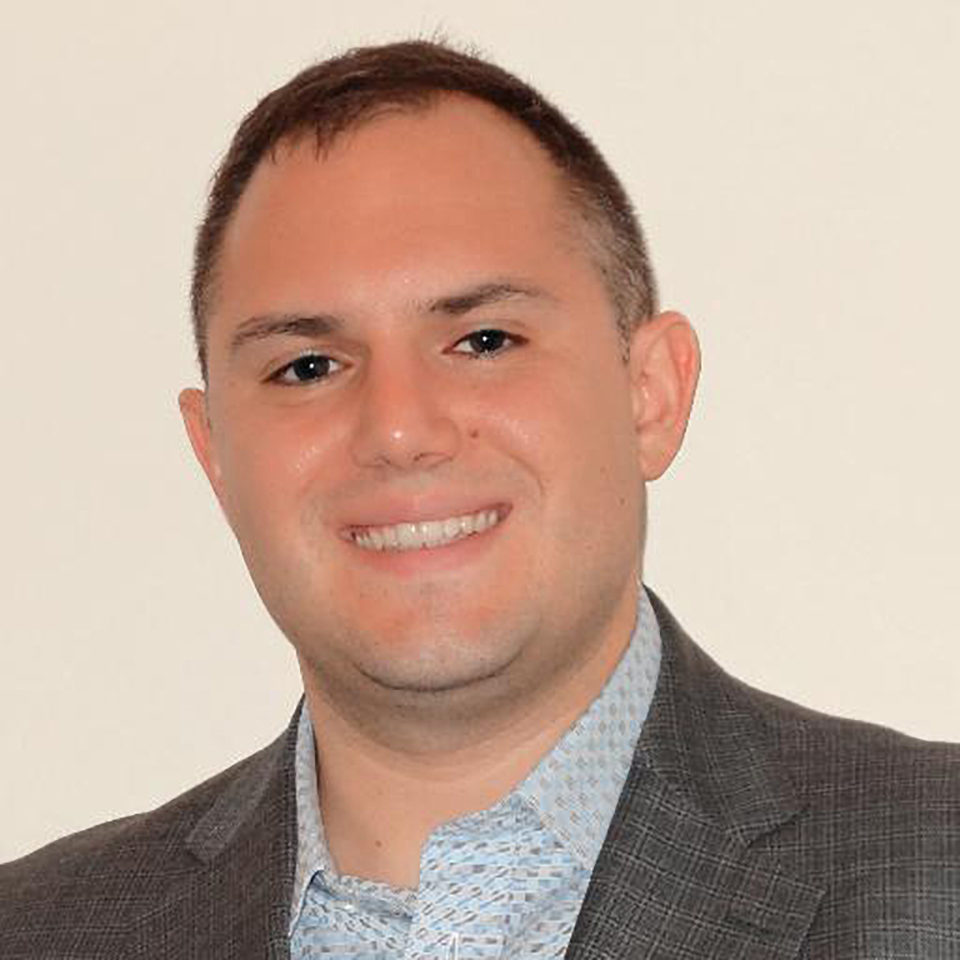 Julian Di BattistaConservative Party of Canada - Toronto Centre
Julian Di BattistaConservative Party of Canada - Toronto CentreConservative candidate Julian Di Battista is a senior analyst specializing in wholesale banking and is recognized as a chartered insurance professional by the Insurance Institute of Canada.
Attempts to speak with the candidate were made, but the candidate’s office did not respond by press time.
He is perhaps the only Conservative LGBTQ candidate. According to his campaign website, Di Battista is “a longtime active volunteer and member of the CIBC Pride Network and community fundraiser for LGBT and AIDS service charities.”
Party leader Stephen Harper has announced the Conservatives would pitch in $100 to $200 a year to education savings plans. This would not help students whose families have not started an education savings fund.
The Conservatives have also pledged to spend $60 million a year on tax credits for businesses hiring tradespeople. According to the party’s website, the Conservatives’ Economic Action Plan would include lowering taxes on families and Canadian businesses, providing support to Canadians completing apprenticeships and establishing the Canada Job Grant to ensure skills-training will lead to employment.
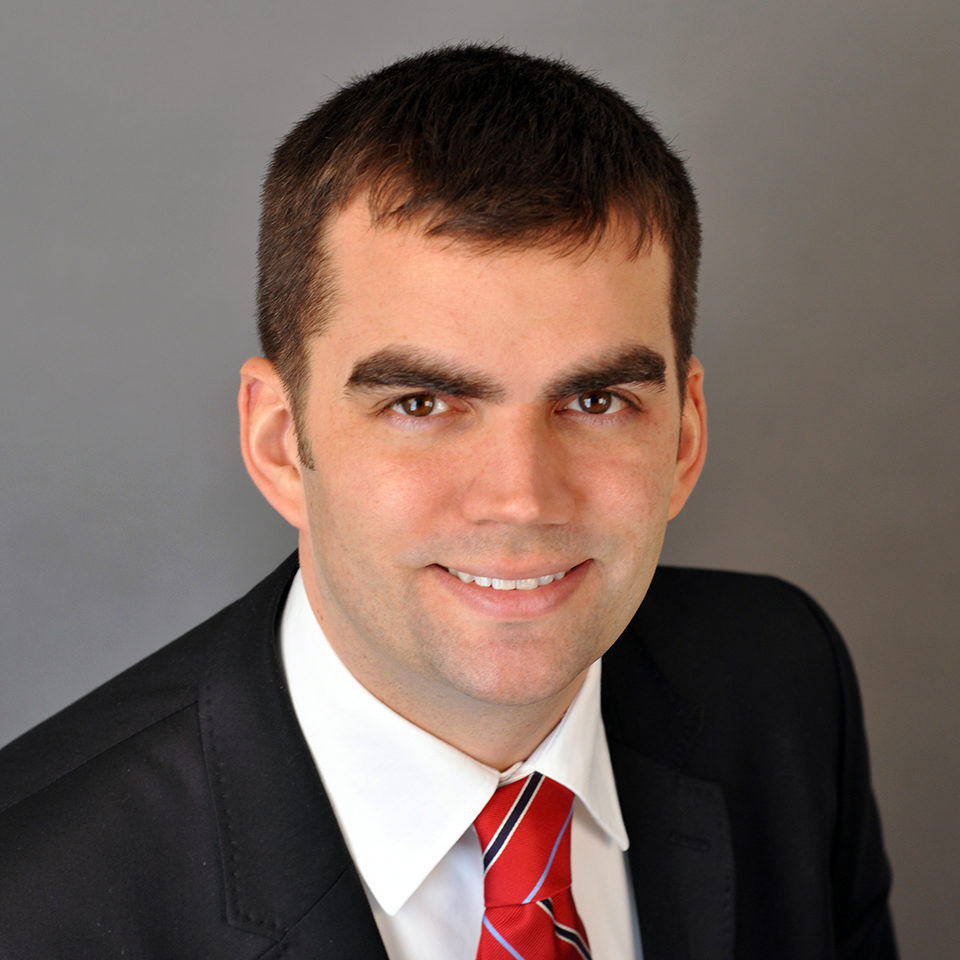 Nick WrightGreen Party - University Rosedale
Nick WrightGreen Party - University RosedaleNick Wright is a Toronto-based lawyer who currently resides in the Annex. He recently ran for city councillor of Ward 20 in the 2014 municipal election.
Wright is now running for the MP seat to represent values such as environmental protection, defence of civil liberties and economic responsibility. When asked about why university-aged voters should choose him and the Green party, Wright highlighted the party’s plans for educational reform.
“The Green party is unique among the major parties in that we are calling for the change in tuition rates for post-secondary students, not just at universities, but also in colleges and applied fields,” said Wright in a phone interview.
In addition to abolishing tuition for a publicly funded post-secondary system, Wright said that if elected, the Green party would do away with interest rates for outstanding student loans so that recent graduates will have a bit of a break paying back what they owe.
When asked about how he and the Green party will engage young voters, Wright said they will be “getting the message out that the Green party is the only party with a comprehensive plan to transition our economy and society to a prosperous and sustainable green economy.”
When speaking to young people on the campaign trail, Wright said that he will be highlighting the message that,
“For Canada to be competitive, it has to have a highly educated workforce and young people shouldn’t be mortgaging their future by getting an education.
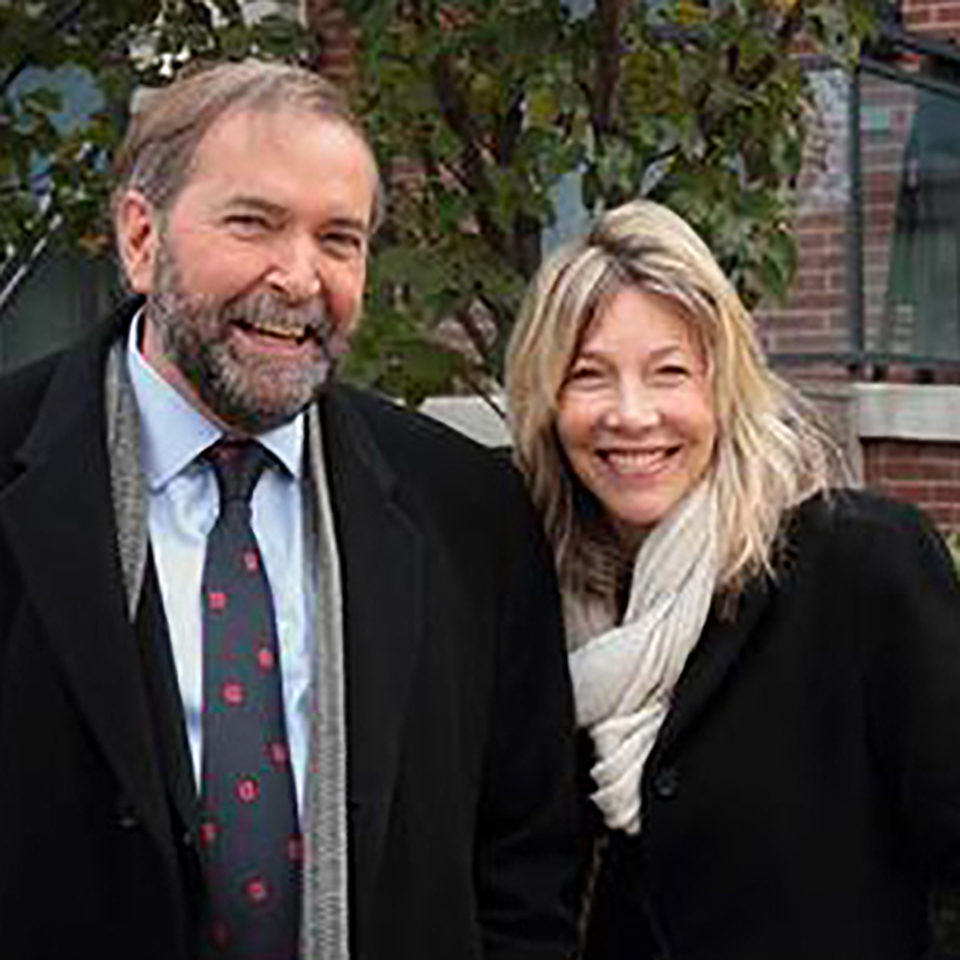 Linda McQuaigNew Democratic Party - Toronto Centre
Linda McQuaigNew Democratic Party - Toronto CentreNDP candidate Linda McQuaig is a journalist, bestselling author and social critic. She was first nominated to the NDP in Toronto Centre in 2013. McQuaig says she is interested in issues of income inequality and how much power is concentrated in the corporate sector.
“After writing about those issues for years as a journalist and as an author, it was kind of a natural step to jump into politics, where I felt maybe I can actually do something about these issues that I care about deeply,” said the candidate.
Several of the NDP’s proposed reforms would affect students directly, such as reducing tuition fees, halting the privatization of universities and introducing stronger measures to relieve student debt.
Down the road, tuition elimination may be a possibility, “but we’re not there yet,” McQuaig said. Instead, the NDP would aim to “strengthen the programs that would help students cope with debt and lower the tuition that students face.”
On Sept. 10, NDP leader Tom Mulcair announced a plan to create over 40,000 youth jobs, paid internships and co-op placements over four years. One way the NDP would do this is to introduce a federal minimum wage of $15 an hour, which no other party has proposed. When it comes to the competition, McQuaig says she believes, “Whatever policies the Liberals put forward now, it’s important to look at their record.”
As for the Conservatives, McQuaig said that she feels they have little interest in any groups that “aren’t wealthy or directly considered their base.
“They show no interest in students,” she explained, adding, “I think the NDP has traditionally been, and certainly is continuing to be, the party that best represents the interests of students.”
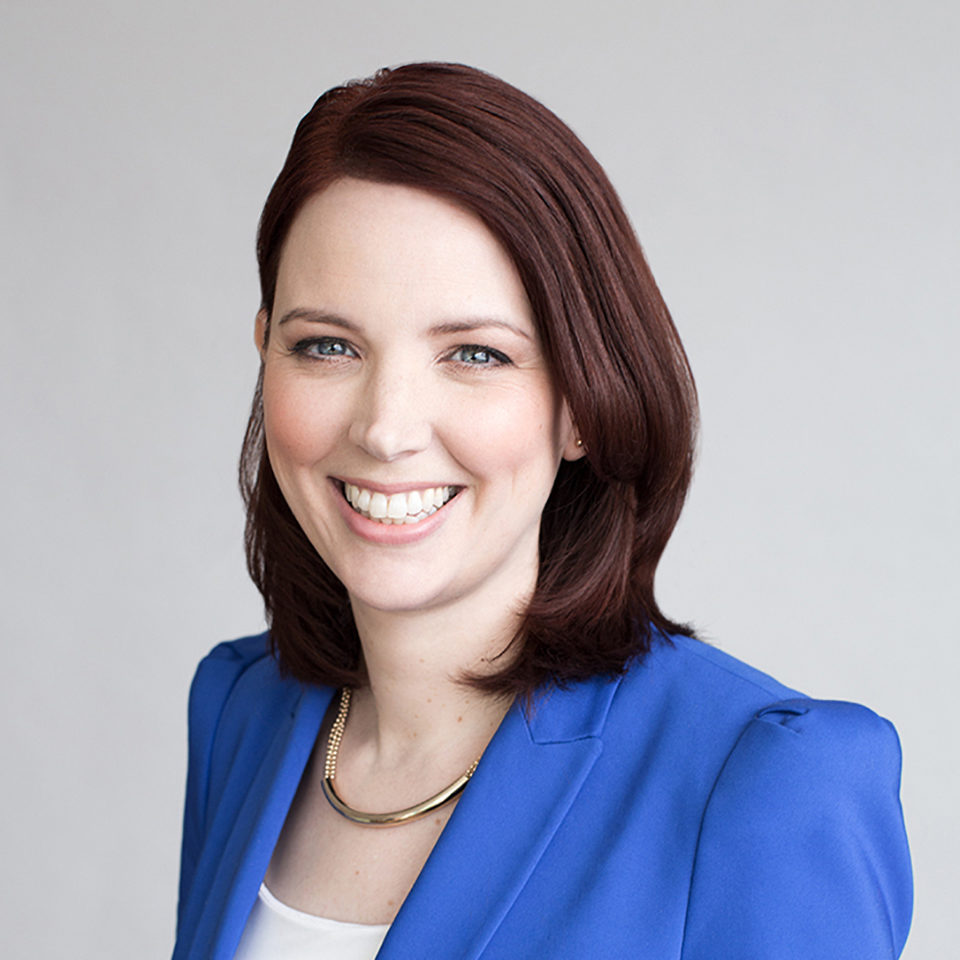 Jennifer HollettNew Democratic Party - University Rosedale
Jennifer HollettNew Democratic Party - University RosedaleAs a politician and leader, Jennifer Hollett believes her job is not to speak to young people, but to speak with young people.
Hollett is an award-winning broadcast journalist and former Much Music VJ. She is also a regular contributor to Newstalk 1010, and worked as the digital director for Olivia Chow’s 2014 mayoral campaign.
“Student issues are election issues,” said Hollett via phone. “Students are paying record tuition right now, youth unemployment in Toronto is 17.6 per cent and instead of making life more affordable for students, Stephen Harper has been giving big tax breaks to big businesses.”
Hollett says that the NDP has had a long history working with young people, and while they do not have plans to do away with tuition altogether like the Green party, they are committed to making tuition more affordable.
“We are looking to tackle the cost of education and debt loads. So many students are coming out with one or two degrees, and they have a big debt to pay off, and then they are taking on two or three jobs. Precarious work is a new reality for so many young people,” the candidate explained.
Hollett also said the NDP is committed to helping create more paid internships and co-ops so students can gain practical work experience to secure lasting employment.
“The other thing that is really important for students is to make sure that life is affordable in a city like Toronto, so that includes affordable housing, and making sure we have strong services that young people rely on,” said Hollett.
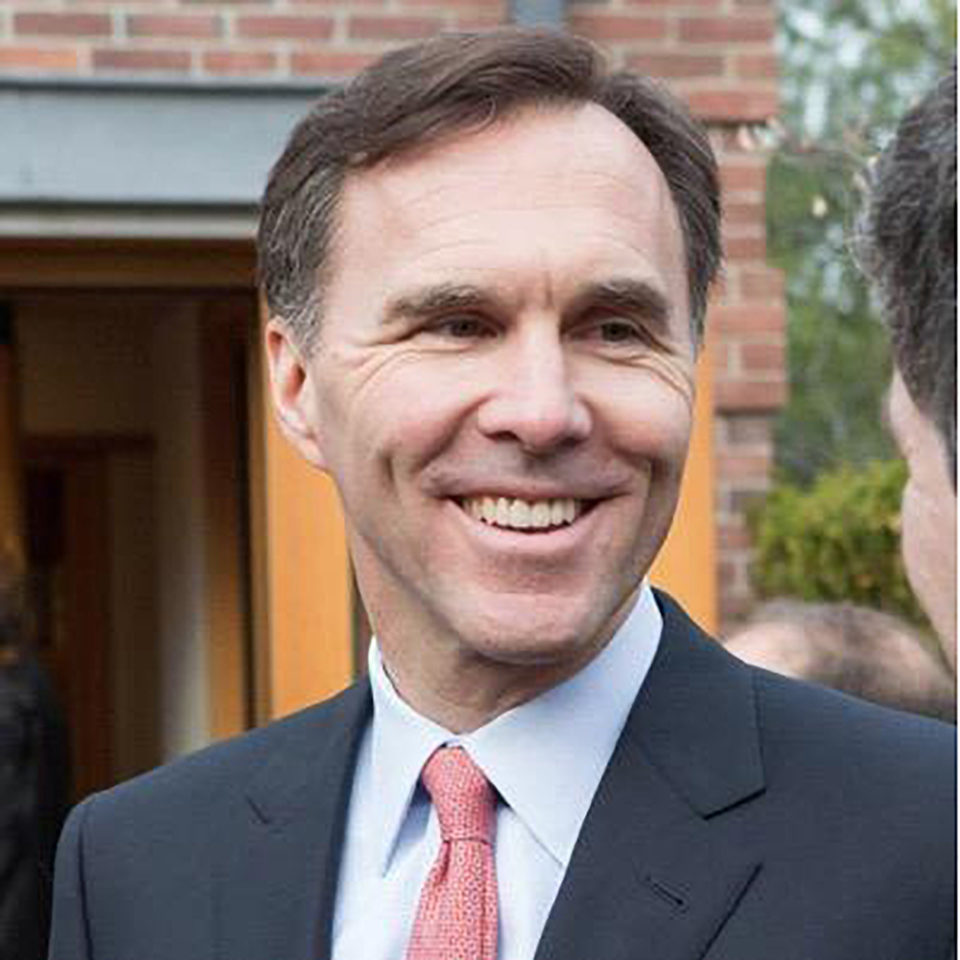 Bill MorneauLiberal Party of Canada - Toronto Centre
Bill MorneauLiberal Party of Canada - Toronto CentreAs the former chair of St. Michael’s Hospital, the Liberal party’s Bill Morneau wants voters to ask themselves which Toronto Centre candidate has demonstrated the greatest commitment to helping the people of Toronto.
Morneau says he believes that growing the economy should be a primary focus of the federal government. If the Liberals win, he says, they will look at “how the rewards of growth are distributed” so that everyone will benefit.
The Liberals want to “focus on growth broadly and look at where we need targeted investments,” Morneau said. Part of this focus would involve spending $1.3 billion on youth jobs creation, including 35,000 more jobs in the Canada Summer Jobs Program and 5,000 “green” jobs for youth that involve working with environmental groups.
Asked about the prospect of tuition elimination, which the Green party has proposed, Morneau said the Liberals were “not going to go for simplistic, headline-grabbing solutions.”
Because education lies within the provincial realm, the Liberal party would “work together with the provinces to be of assistance.” This could include looking at tuition improvements for low-income students, increasing grants to researchers, and helping universities deal with pension plans.
Morneau says that neither the NDP nor the Conservatives can fully deliver on their promises because each has vowed to balance the federal budget.
“That means they’ll be forced to make cuts because we’re in a deficit,” said Morneau.
According to the candidate, the Liberals “want to recognize the situation and tell the truth” to Canadians, making sure to carefully consider how they use their resources.
